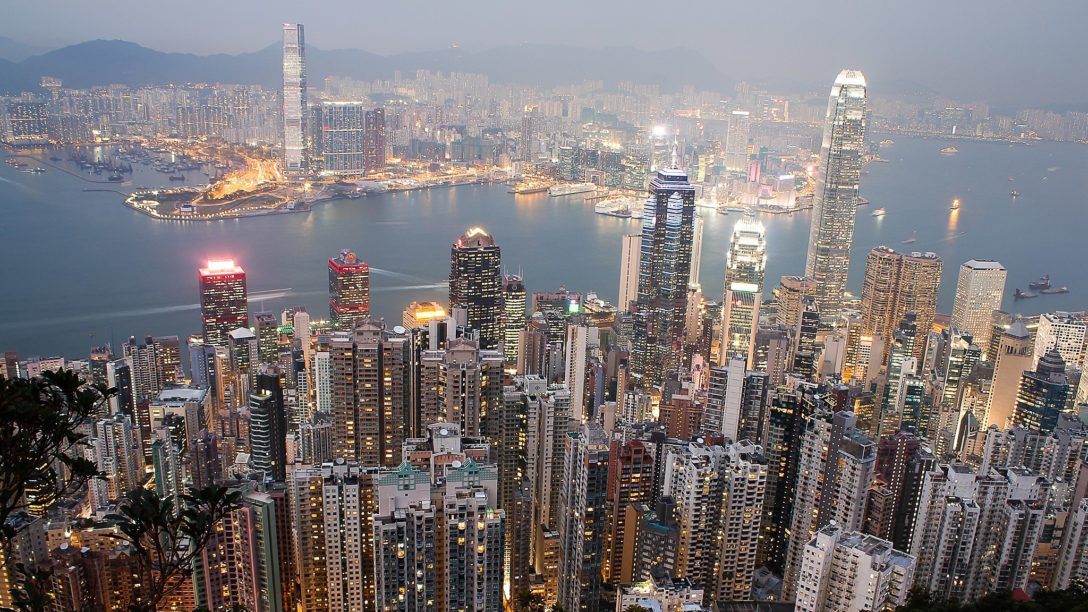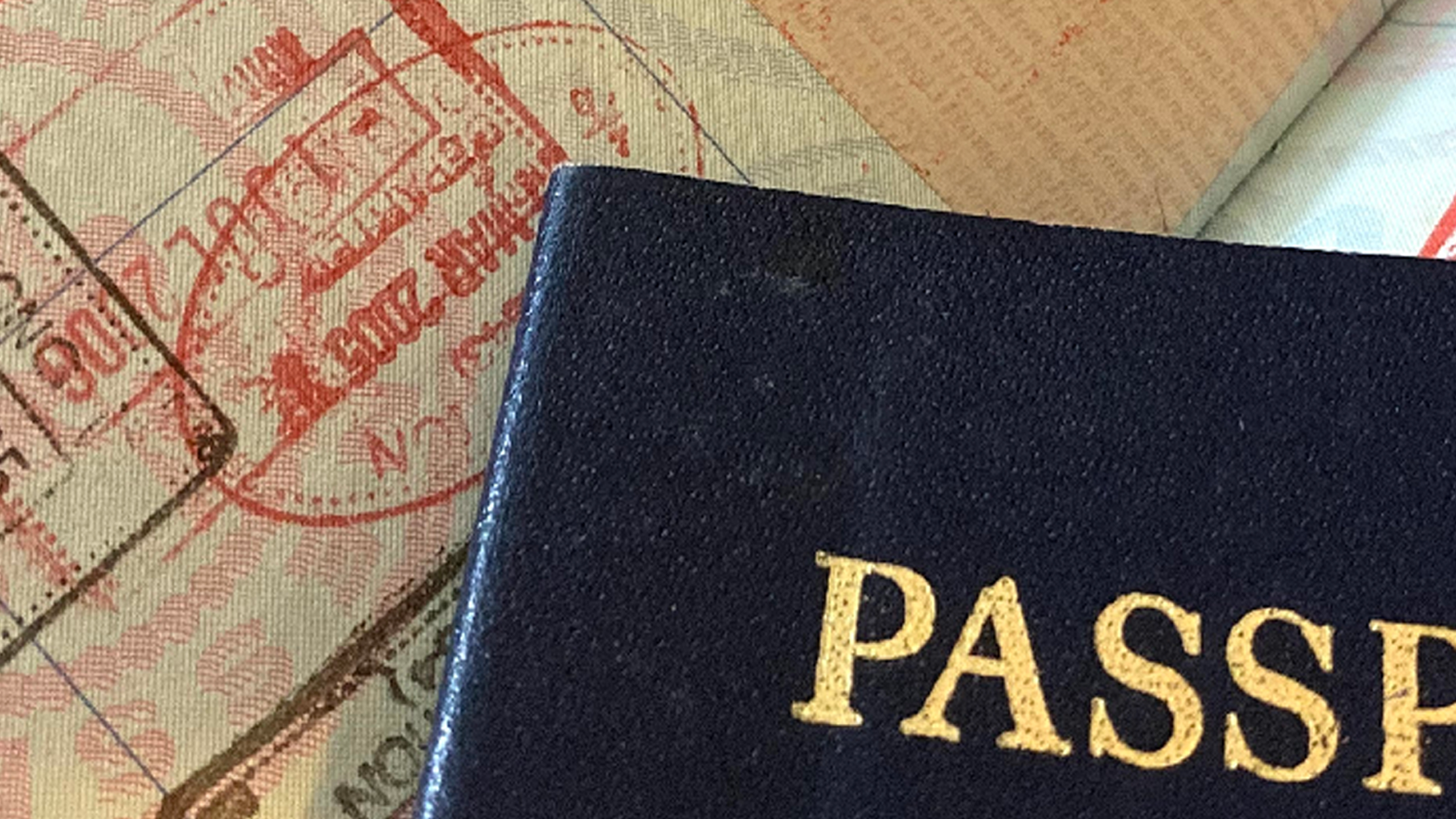Hong Kong is not a part of China.
As of July 1, 2020, that statement and belief now make me a criminal. And not just a criminal in Hong Kong: China’s new Hong Kong-specific national security law asserts jurisdiction over this belief over every person in the world who expresses such “seditious” beliefs, as vaguely defined by the new law. It’s a terrifying and heartbreaking time to be a Hong Konger.
The colony of Hong Kong passed from British control to Chinese control on July 1, 1997, two months before I was born in a quiet Chicago suburb. In accordance with American law, I am American. And after spending seven years legally residing there under post-British Hong Kong law, I became a Hong Kong permanent resident as well. “Permanent resident” is the highest class of legal status available to the people of Hong Kong, as the city is not a country and thus cannot offer the word “citizenship” to its residents. For most purposes, though, permanent residents like me are Hong Kong citizens, with the right to vote, to stand for elections, and to exercise freedom of speech, of thought and conscience, and of belief.
I have an older sister. In the suburbs of Chicago and on the streets of Hong Kong, this is just an interesting detail about my family. But on the Chinese mainland, it makes my existence a challenge to the People’s Republic of China, which only repealed its one-child policy in 2015. Growing up, there were countless casual but deeply emotional moments in my revolutionary existence. At China’s border, my parents forbade me to speak Mandarin Chinese to the Mandarin-speaking border guards. On Shenzhen streets across the Hong Kong-China border, my mother would sometimes describe my sister and me as “friends” or as “cousins” in order to discourage suspicions about our two-child family. I was not illegal, but I might as well have been; what child in urban China had ever heard of a sibling before? A second child in China has no presumption of innocence, even today.
So for me, Hong Kong was always a “safe space,” a place where my face and body would not be questioned; I could blend in seamlessly with other Hong Kongers, chittering away in Cantonese with my face like anybody else’s, free of any anxiety that the police or immigration authorities would arrest and imprison me for being who I am. Even the one time I was detained by Hong Kong police—wearing ludicrous face paint after cheering on my school after a sports half-day with friends, and looking every bit like a hooligan—I did not fear. I belonged in Hong Kong.
I can no longer hold such a belief. Since pro-democracy protests reemerged, the Hong Kong police force has abandoned the illusion that their purpose is to protect and serve the people of Hong Kong. Instead, they have repeatedly attacked, harassed and teargassed citizens; refused to submit to independent scrutiny; and violated their own use-of-force guidelines. The police have fired weapons against elected legislative councilors, the only elected officials in the Hong Kong government; on one brutal night inside a subway station on August 31, 2019, the police are rumored to have been so rough-handed and indiscriminate in attacking the public that a civilian was killed, and neither the police nor the subway system would release surveillance footage to prove their denials of having used excessive force.
A recapitulation of these facts is now presumptively illegal under the China-imposed national security law, which criminalizes, amongst other things, “provoking hatred” against the Hong Kong government and its police force.
This is new for Hong Kong, but it is nothing new from the Chinese government. The Chinese government has always sought to maintain political control over all of existence. The one-child policy is an exercise of control over my very birth. The deliberate erasure and hushing-up of the Tiananmen Square massacre on June 4, 1989 in China—a denial of history that now also applies in Hong Kong—is an attempt to control memory and history. The one-China principle is China’s assertion of control over politics and diplomacy, imposing a single Beijing-approved version of China’s status as a nation-state and political entity on all other nations. The new “national security law” is the Communist Party of China’s assertion of total authority over China’s political identity upon individuals everywhere. For yes, the new law applies to you, too: Article 38 of this law expressly extends its application to persons outside of Hong Kong, even if they are not Hong Kong permanent residents.
To describe this law as a Hong Kong national security law would imply not only that Hong Kong and its people had anything to do with the drafting or implementation of the law, but also that the law applies only domestically, inside Hong Kong and the People’s Republic of China. No, this is a law aimed at the whole world, and a warning: You will believe what China permits you to believe; say what China allows you to say and hear only what the Party will let you hear. For me, this series of events has left me feeling like a nightmarish monster is chasing after me into every corner of the earth, insistent upon souring every pleasant memory, salting every “safe space” where I might live in peace.
Before she passed away, my grandmother, living in Beijing, once felt a nub on the back of my neck and said it meant I was destined to be a revolutionary. Mao Zedong also had the same nub, she told me. It appears she was right. My existence continues to be a revolutionary act. I am a second child, a democracy supporter, and a Hong Konger.
 Estial (CC BY-SA 4.0) via Wikimedia Commons
Estial (CC BY-SA 4.0) via Wikimedia Commons




